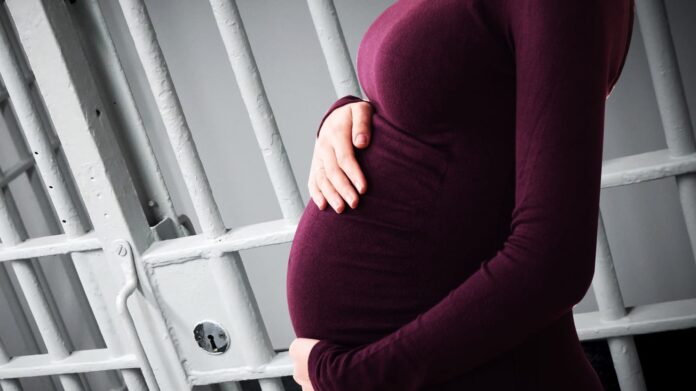In a disturbing incident that took place in Miami-Dade County, Florida, Natalia Harrell is being detained in jail while expecting a child. After a tragic altercation occurred in an Uber while she was six weeks pregnant, Harrell was detained and charged with second-degree murder last July. Her baby, who is now eight months old, has received subpar prenatal care while she continues to be confined without bond.
Recently, Florida lawyer William M. Norris submitted an emergency request to the Third District Court of Appeals of the state, claiming that Natalia’s detention is illegal and violates the rights of her unborn child. The writ of habeas corpus alleges that because the fetus is kept near violent criminals, it isn’t getting adequate prenatal care and has been subjected to negligence; Norris countered that “an unborn child is a person,” who has constitutional rights and shouldn’t be denied freedom without due process.
This case serves as a disturbing reminder of the harsh ways in which the criminal justice system frequently treats pregnant women who are not aggressive despite the fact that they have special needs during pregnancy. It also exemplifies how our justice system disregards the legal rights to the liberty and dignity of unborn children.
Pregnant women are frequently refused access to bail in the United States, or they are freed with terms that put them in danger by cutting them off from their families or making them homeless. Low-income women like Natalia Harrell who frequently cannot pay bail or other resources needed for legal representation or medical care while they await trial behind bars are disproportionately affected by this practice. According to recent reports, this practice ultimately hurts both mother and child because they don’t receive the proper medical care, find it difficult to bond with their children right away, and experience more mental health problems. These problems are likely to have an adverse effect on the child for the rest of his or her life.
For there to be any chance of real justice in this country, the criminalization and mistreatment of pregnant women must end. Many human rights advocates concur that this process must begin with increased access to high-quality prenatal care for all incarcerated people, regardless of gender identity or race, and education about maternal health issues in jails and prisons. Legislators should also explore amending the laws and regulations governing pretrial custody so that pregnant women who are not dangerous, like Natalia Harrell, do not have to serve unduly lengthy prison terms before their day in court.
In the end, no woman’s body or the rights of her unborn child should be violated while she is incarcerated, but until we make significant reforms to our criminal justice system, tragedies like Natalia Harrel’s will continue to happen all over the country without any legal recourse available for those impacted.



